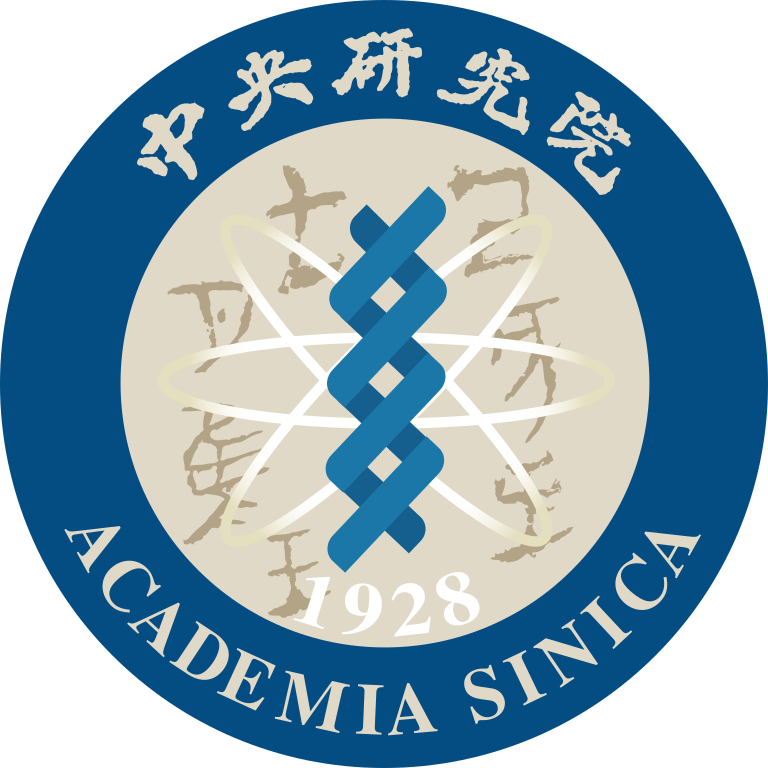Q2: 若依本院著作權處理要點,著作財產權歸屬於中研院,本院研究人員可以授權利用嗎?
Q4: 著作財產權歸屬於本院研究人員之著作,在自行利用前,還有其他需注意的事項嗎?
Q6: 本院保留研究與教育目的之永久、無償、非專屬利用等公開取用權利,研究人員在投稿期刊論文時,是否需要通知出版社?本院公開取用的權利是否及於出版物?
Q7: 出版社提供投稿人選擇是否開放讀者免費取用之作法,與本院公開取用政策之差異為何?
Q10: 本院研究人員之電腦程式著作,如選擇開源時,該如何選擇授權條款?
Q11: 除開源授權外,本院研究人員可以自行就電腦程式著作進行商業授權嗎?
【 Q&A 】
A1: 本院人員為著作人時,由其取得著作人格權及著作財產權,可自行授權利用;但有四種例外情況下,著作財產權歸本院所有:
1. 電腦程式著作、
2. 資助研究計畫成果、
3. 公務上交付完成之著作、
4. 本院為特定目的提供資源所完成之著作。
Q2:若依本院著作權處理要點,著作財產權歸屬於中研院,本院研究人員可以授權利用嗎?
回目錄
A2: 若著作財產權歸屬於本院時,應由研究人員所屬單位向院方進行申報(智財處官網提供之中央研究院著作申報表),並由院方進行授權。
A3: 約聘僱助理於執行計畫範圍內因計畫主持人指派交付工作而完成之著作,屬於公務上交付本院人員完成之著作,其著作財產權並不歸屬完成著作之約聘僱助理所有。約聘僱助理於執行計畫範圍外非由計畫主持人交付工作而自行完成之職務上著作,倘非屬電腦程式、資助研究計畫成果、本院為特定目的提供資源所完成者,其著作財產權歸屬約聘僱助理所有。
Q4:著作財產權歸屬於本院研究人員之著作,在自行利用前,還有其他需注意的事項嗎?
回目錄
A4: 除了已與他人為專屬授權協議或其他正當理由外(需報本院同意),本院保留了進行研究與教育目的的永久、無償、非專屬利用等權利。(延伸說明如Q6)
A5: 著作財產權歸屬於研究人員之著作,研究人員可自行決定出版社;若為Q1例外歸屬於本院之著作財產權,本院得尊重研究人員意願,選擇與本院出版社或其他出版商合作出版其著作。
Q6:本院保留研究與教育目的之永久、無償、非專屬利用等公開取用權利,研究人員在投稿期刊論文時,是否需要通知出版社?本院公開取用的權利是否及於出版物?
回目錄
A6: 本院研究人員在投稿期刊論文時,應告知出版社,本院就研究人員提供之「原始著作」保有研究與教育目的永久、無償、非專屬利用著作供公眾公開取用的權利。惟如有下列情形,於報請本院同意後,該著作可不受拘束:
1.本規定施行前已專屬授權者;
2.具備正當理由而無法為公開取用授權者。
本院公開取用之標的僅限於「原始著作」,不及於出版社編輯後的「出版物」,本院並未要求公開取用出版社排版後之出版物。
Q7:出版社提供投稿人選擇是否開放讀者免費取用之作法,與本院公開取用政策之差異為何?
回目錄
A7:出版社的開放讀者免費取用,係由著作人於投稿時選擇負擔一定費用,交換出版社免費提供「出版物」予公眾閱覽、下載或取用,以提升該出版物之能見度及影響力,促使學術產出更容易被看見。
反之,本院之公開取用政策係針對「原始著作」,保留為研究與教育之目的而供公眾使用之權利,旨在平衡著作財產權下放與本院散播學術成果之任務,未向著作人收取任何費用,且不以著作人向出版社投稿時選擇公開取用型出版為必要。
A8:若著作財產權歸屬於研究人員時,所得收入均歸研究人員所有,不適用分配之規定;若歸屬於本院時,扣除必要衍生費用後,80%分配給研究人員,剩餘20%分給國庫或資助機關,特殊情況可由業務主管單位審酌分配比例。
A9:本院研究人員就電腦程式著作可以自行選擇是否對外公開共享,但研究人員對外公開電腦程式時,僅限於將電腦程式之「著作權」以無償的特定開源方式對外授權。
Q10:本院研究人員之電腦程式著作,如選擇開源時,該如何選擇授權條款?
回目錄
A10:本院研究人員之電腦程式著作,原則上不得選擇允許專利授權 (如Apache、GNU-GPL條款) 或有償使用的條款;若於創作時,因使用他人在Apache、GPL開源授權下公開之內容,而受限於僅能選擇相同之授權條款,後續就該電腦程式著作本院將無法進行專利申請。
(參考懶人包)
Q11:除開源授權外,本院研究人員可以自行就電腦程式著作進行商業授權嗎?
回目錄
A11:電腦程式著作財產權歸屬於本院所有,研究人員除特定之開源授權外,不得進行專利授權或有償商業使用,應由研究人員所屬單位向院方進行申報,並由院方進行授權。電腦程式著作商業授權之權益收入適用一般研發成果權益收入之分配方式。

 著作權QA
著作權QA